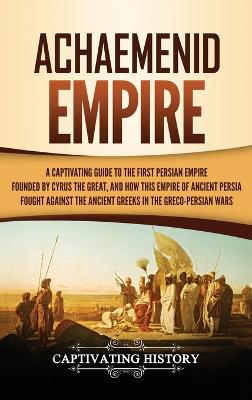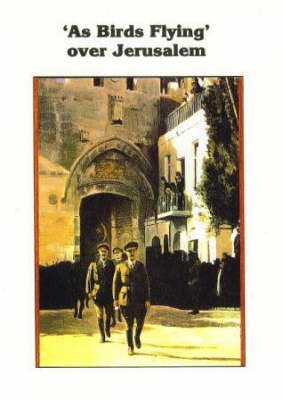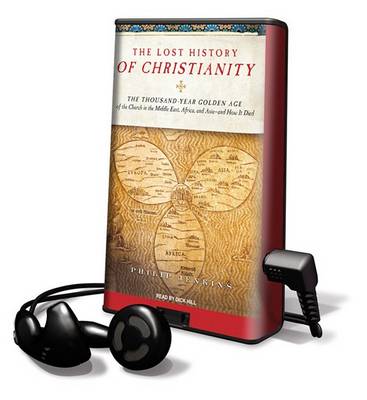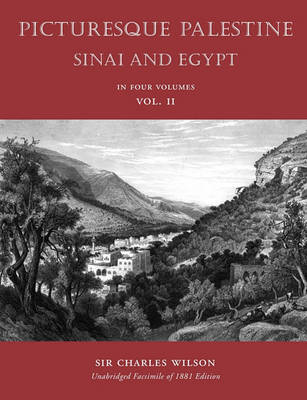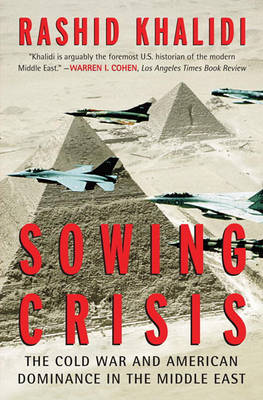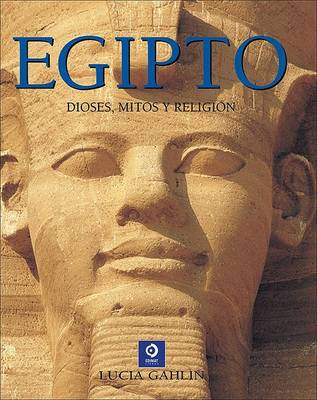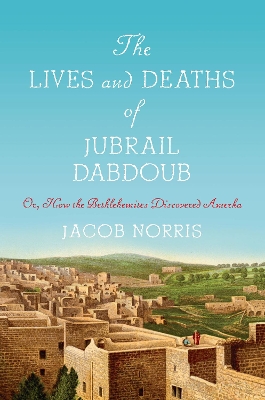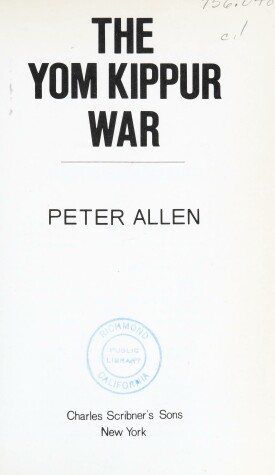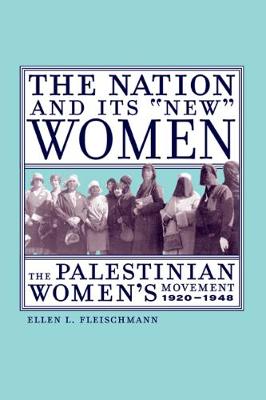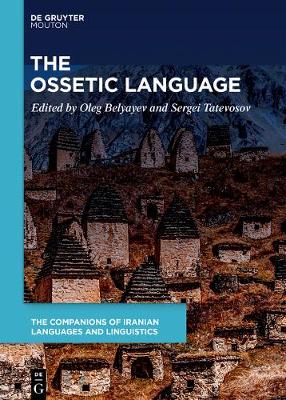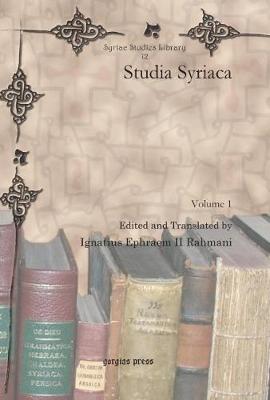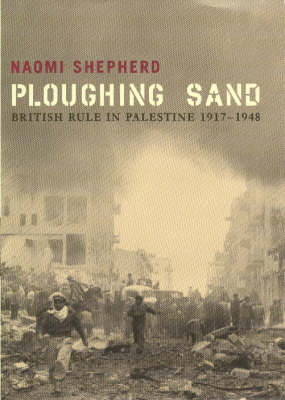The Recovery of Jerusalem. a Narrative of Exploration and Discovery in the City and the Holy Land. by Capt. W. ... Capt. Warren. ... with an Introduction by A. P. Stanley. Edited by W. Morrison Explorations in the Peninsula of Sinai. by F. W. Holland - War Col
by Charles William Wilson, Walter Morrison, and Arthur Penrhyn Stanley
David Ben-Gurion and the Jewish Renaissance
by Professor Shlomo Aronson
Islands of Eight Million Smiles (Harvard East Asian Monographs)
by Hiroshi Aoyagi
The Distant Shrine (AMS Studies in Modern Society S., #22)
by Francis E. Peters
This work offers a serious unfolding of what Jerusalem, the holiest of holy cities, has meant to Muslims from their first settlement there, down to the beginning of modern times.
Viewing Iraq from the outside is made easier by compartmentalising its people (at least the Arabs among them) into Shi'as and Sunnis. But can such broad terms, inherently resistant to accurate quantification, description and definition, ever be a useful reflection of any society? If not, are we to discard the terms 'Shi'a' and 'Sunni' in seeking to understand Iraq? Or are we to deny their relevance and ignore them when considering Iraqi society? How are we to view the common Iraqi injunction tha...
This book tells a surprising story. Many think of Christianity as a Western faith, which grew out of its origins in the Middle East towards Rome and into Europe, paving the way for the Enlightenment, science and modernity. However, Philip Jenkins reveals, the largest and most influential churches of Christianity's youth lay to the east of Rome, covered the world from China to North Africa, encountered a full spectrum of acceptance to persecution under Islamic rule and only expired after a thousa...
Acclaimed historian and political commentator Rashid Khalidi presents the compelling case that U.S. and Soviet intervention in the Middle East not only exacerbated civil wars and provoked the breakdown of fragile democracies, but continues to this day to shape global conflict in the region. Examining the strategic interplay of cold war superpowers, Khalidi explains how the momentous events that have occurred over the last two decades—including two Gulf wars, the occupation of Iraq, and the rise...
The Lives and Deaths of Jubrail Dabdoub (Worlding the Middle East)
by Jacob Norris
This is the fantastical, yet real, story of the merchants of Bethlehem, the young men who traveled to every corner of the globe in the 19th century. These men set off on the backs of donkeys with suitcases full of crosses and rosaries, to return via steamship with suitcases stuffed with French francs, Philippine pesos, or Salvadoran colones. They returned with news of mysterious lands and strange inventions—clocks, trains, and other devises that both befuddled and bewitched the Bethlehemites. Wi...
Though they are almost completely absent from the historical record, Palestinian women were extensively involved in the unfolding national struggle in their country during the British mandate period. Led primarily by urban, educated women from the middle and upper classes of Arab society, Palestinian women struggled against British colonialism and against Jewish settlement by holding a national congress, meeting with government officials, smuggling arms, demonstrating, and participating in regio...
The Ossetic Language (The Companions of Iranian Languages and Linguistics [CILL])
Ossetic is the last living descendant of the Scytho-Sarmatian group of Iranian languages. It goes back to the language of the Alans, who, in the first centuries A.D., created a kingdom in the area to the north of the Caucasus which existed until the 13-14th centuries, when it was wiped out by the Mongol and Timurid invasions. The surviving Alans fled to the highlands, where they became known to the outside world under their Georgian-based exonym “Ossetians”. Since Ossetians have long existed...
The Chora of Sagalassos (Studies in Eastern Mediterranean Archaeology, #5)
by H Vanhaverbeke, M. Waelkens, Hannelore Vanhaverbeke, and Marc Waelkens
K. al-Anwār al-bahiyya fī taʿrīf maqāmāt fuṣaḥāʾ al-bariyya is a work of adab attributed to the renowned littérateur and historian of literature Abū Manṣūr al-Thaʿālibī. The work consists of an introduction and four chapters. The first three chapters are concerned with knowledge (ʿilm): Chapter One discusses the merit and application of knowledge, Chapter Two the definition of knowledge and its true meaning, and Chapter Three the conditions of knowledge. The fourth chapter, which constitutes the...
Studia Syriaca (Vol 1-5)
Rahmani offers in these volumes a range of Syriac texts with Latin translation and brief commentary. The texts range from historical and hagiographical to liturgical and exegetical. The fifth volume presents (in Syriac only) Anton of Tagrit's work on rhetoric.
This book tells how Israel became a secret nuclear power, recounting Israel's clandestine nuclear mission: from the building of the Dimona reactor site in the remote Negev desert during the late 1950s, to the establishment by the late 1970s of a nuclear capability that targeted and threatened the USSR. The author tells of Israel's many secret agreements with America over the years, including the KH-11 satellite agreement which aided the bombing of Iraq's Osirak reactor in 1981, and the recruitme...
After World War I, the British in Palestine were handed an ambiguous brief: to encourage the formation of a national home for the Jews and to protect the civil and religious rights of the local Arabs. This text documents the British administration in Palestine from 1917, tracing policies of conciliation and persuasion, through to the use of force and the eventual collapse of British rule in 1948.
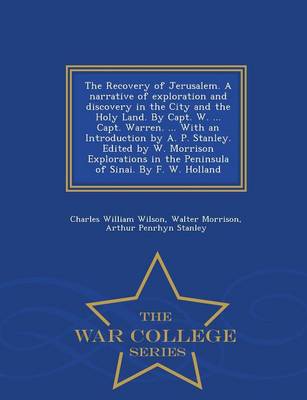

![Cover of The Talmud [microform]](https://images.bookhype.com/covers/e5/19/94cbabd5-6726-489d-b862-068e2e53915e/9781013298578-ea184e68d99f93cca4e398.jpg)
